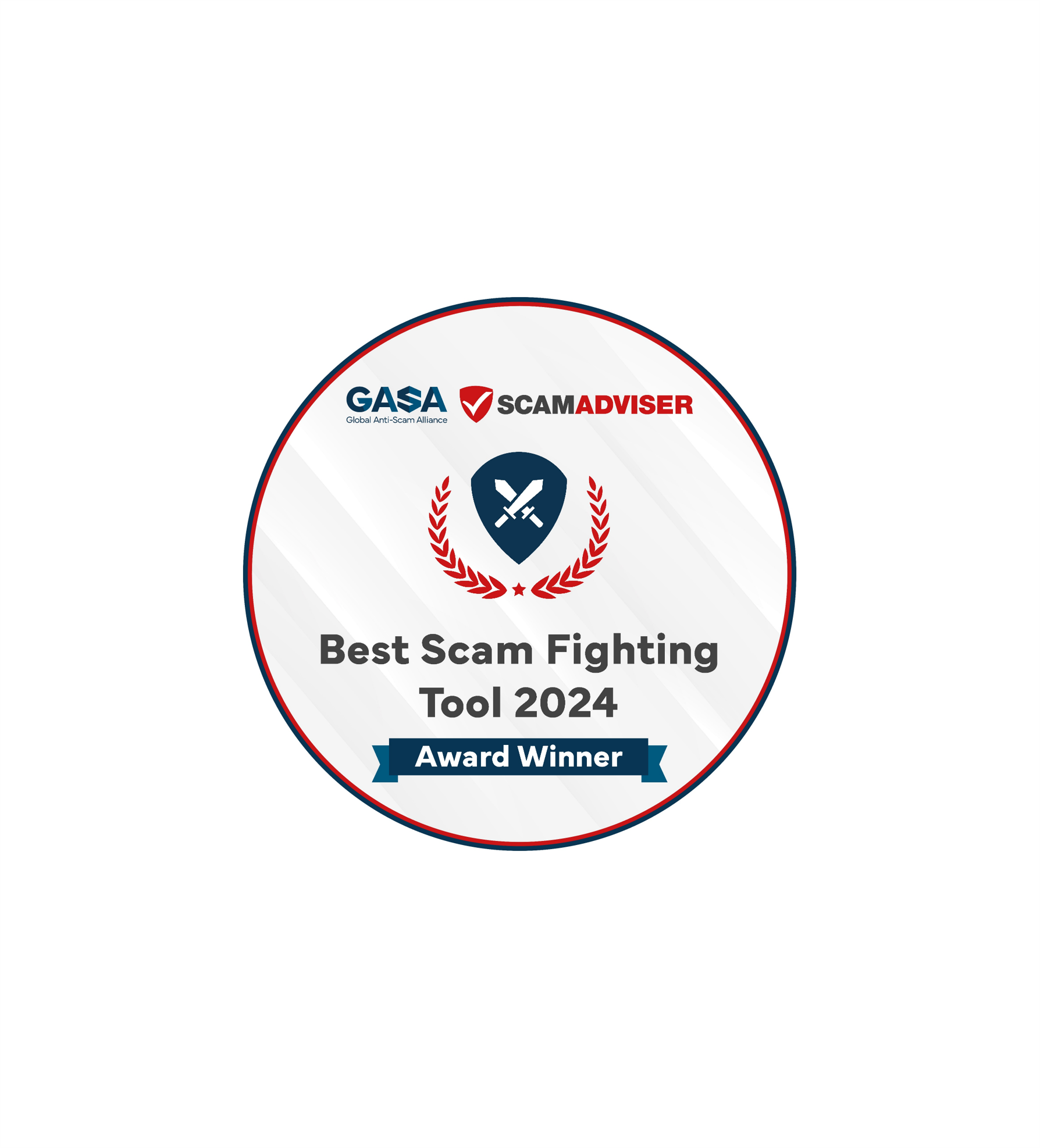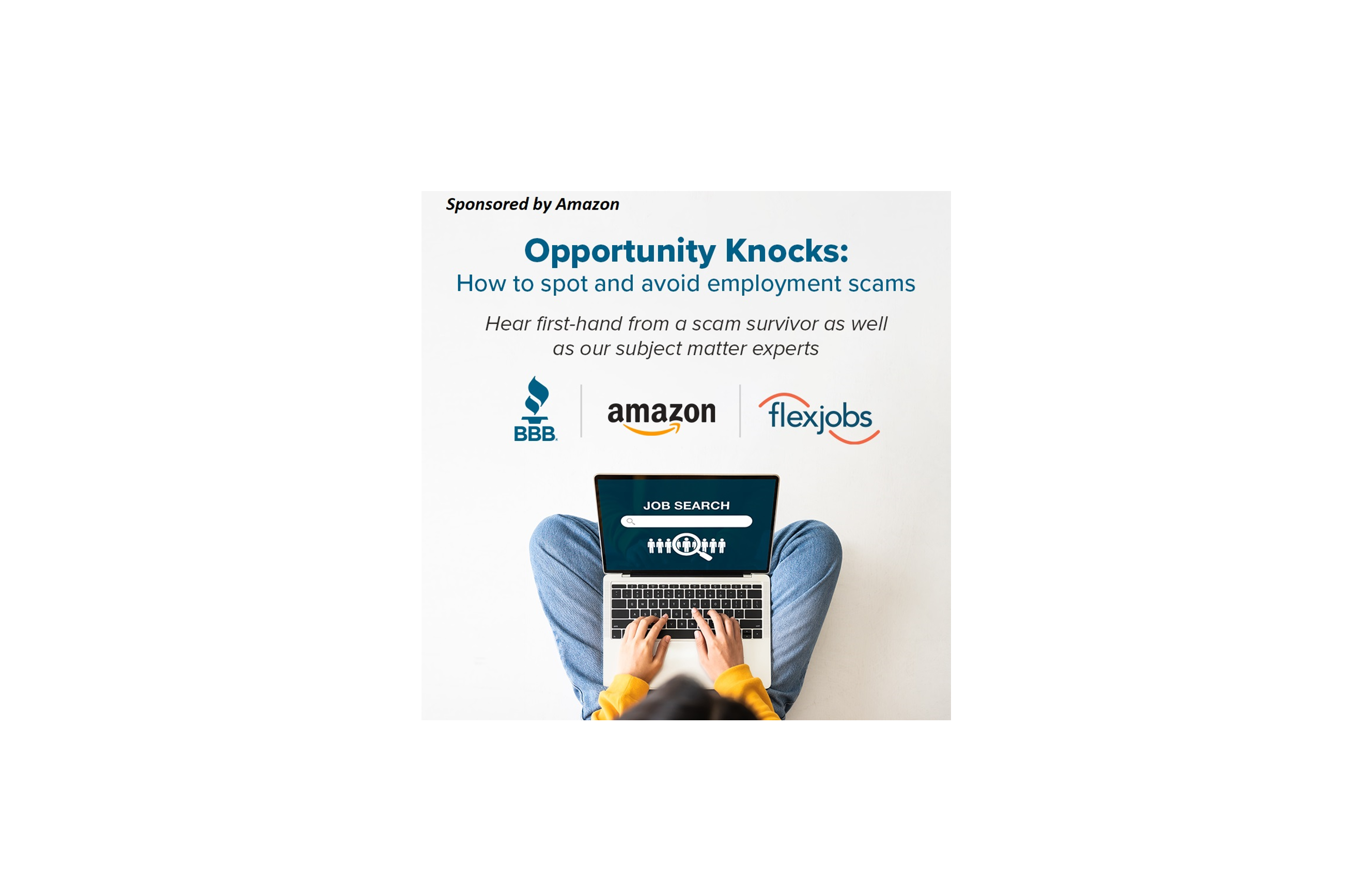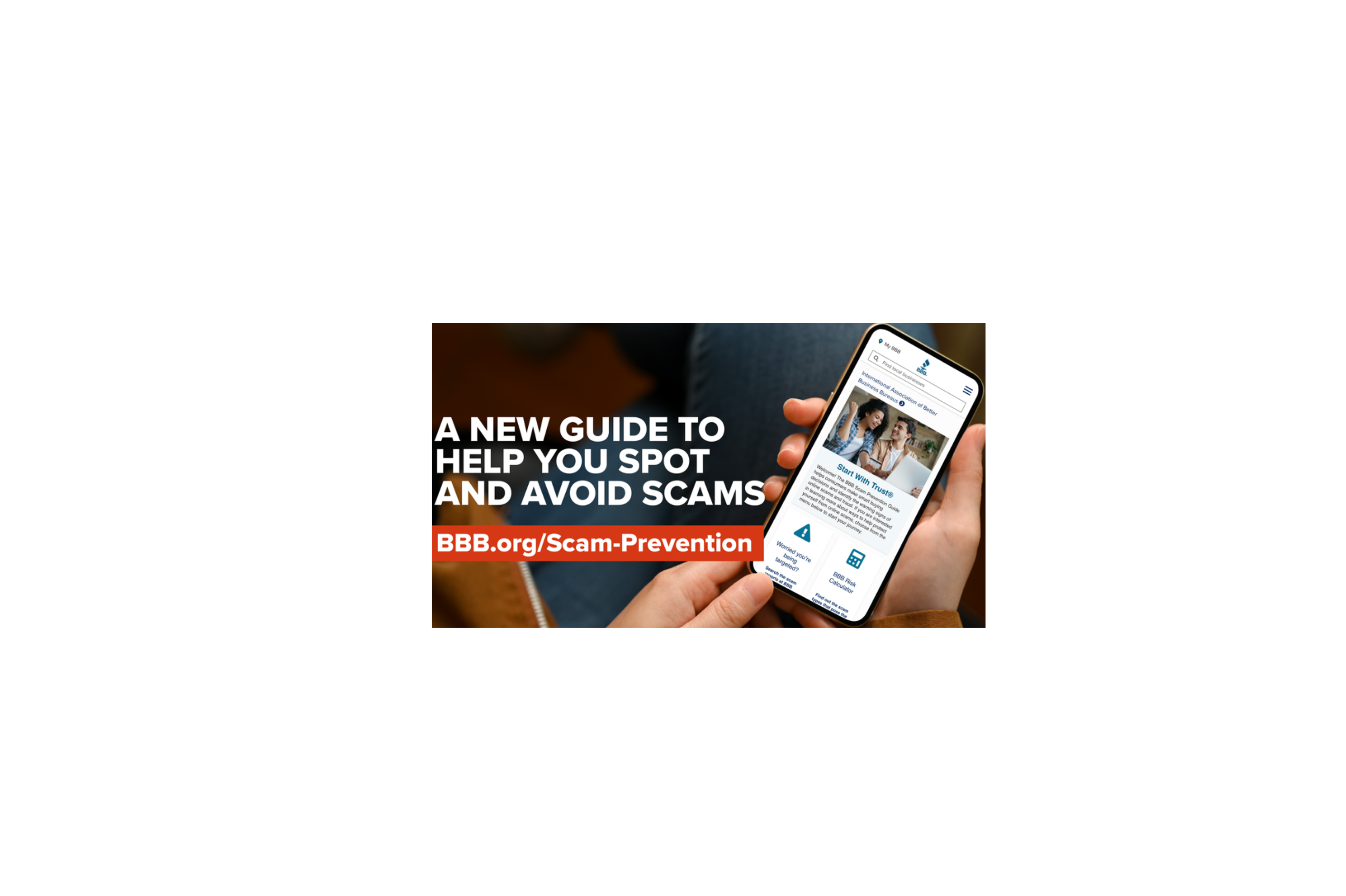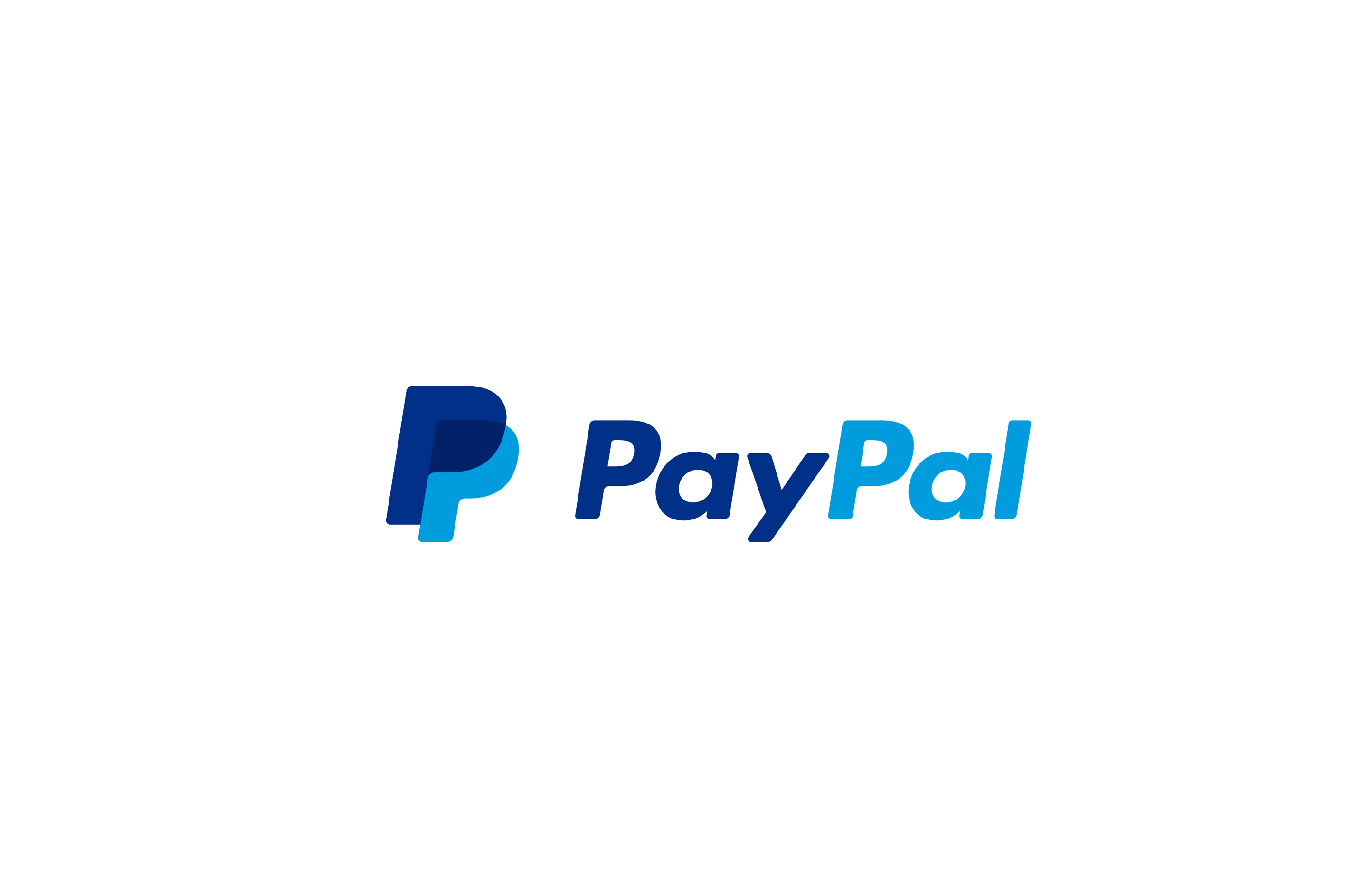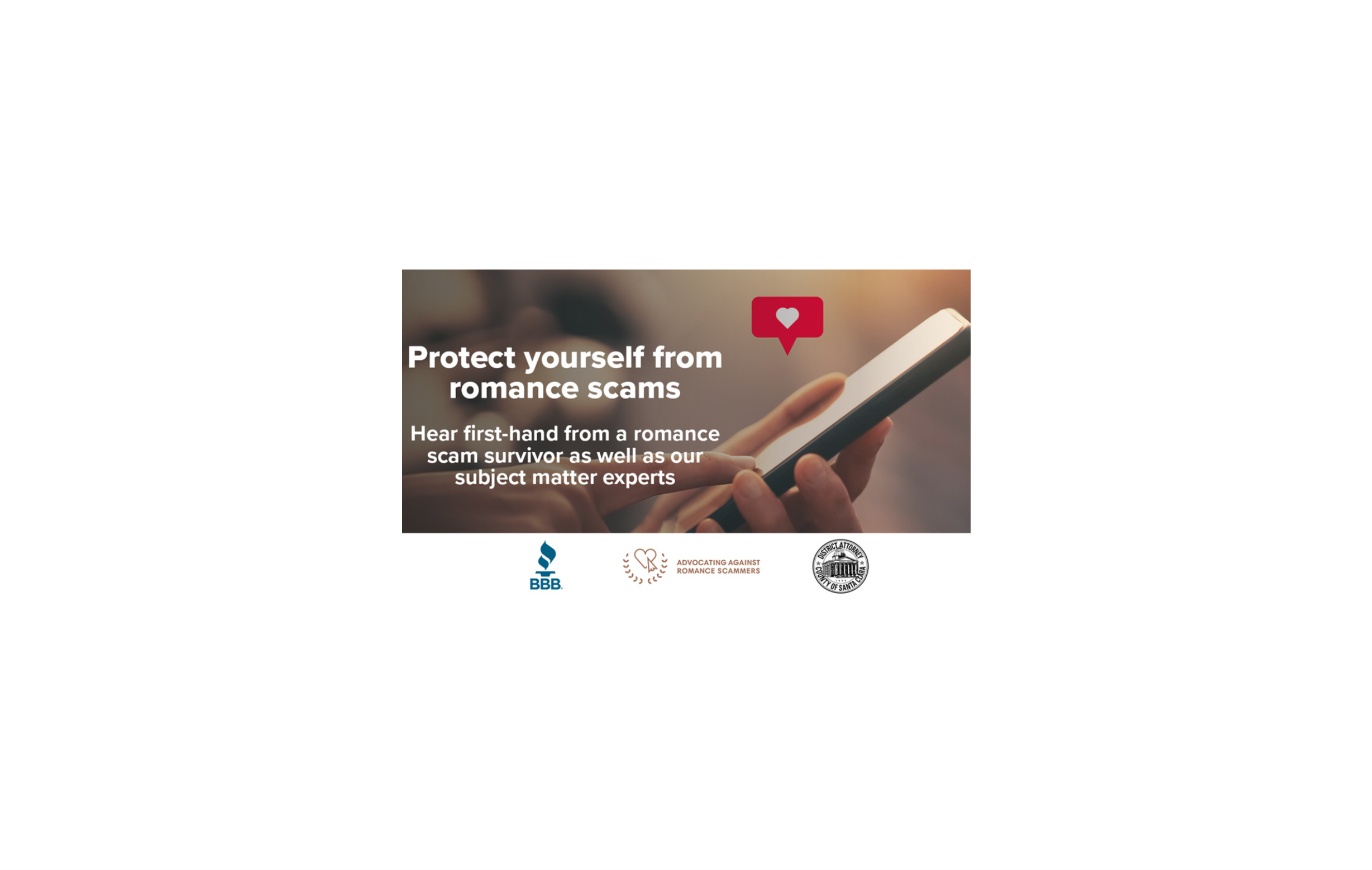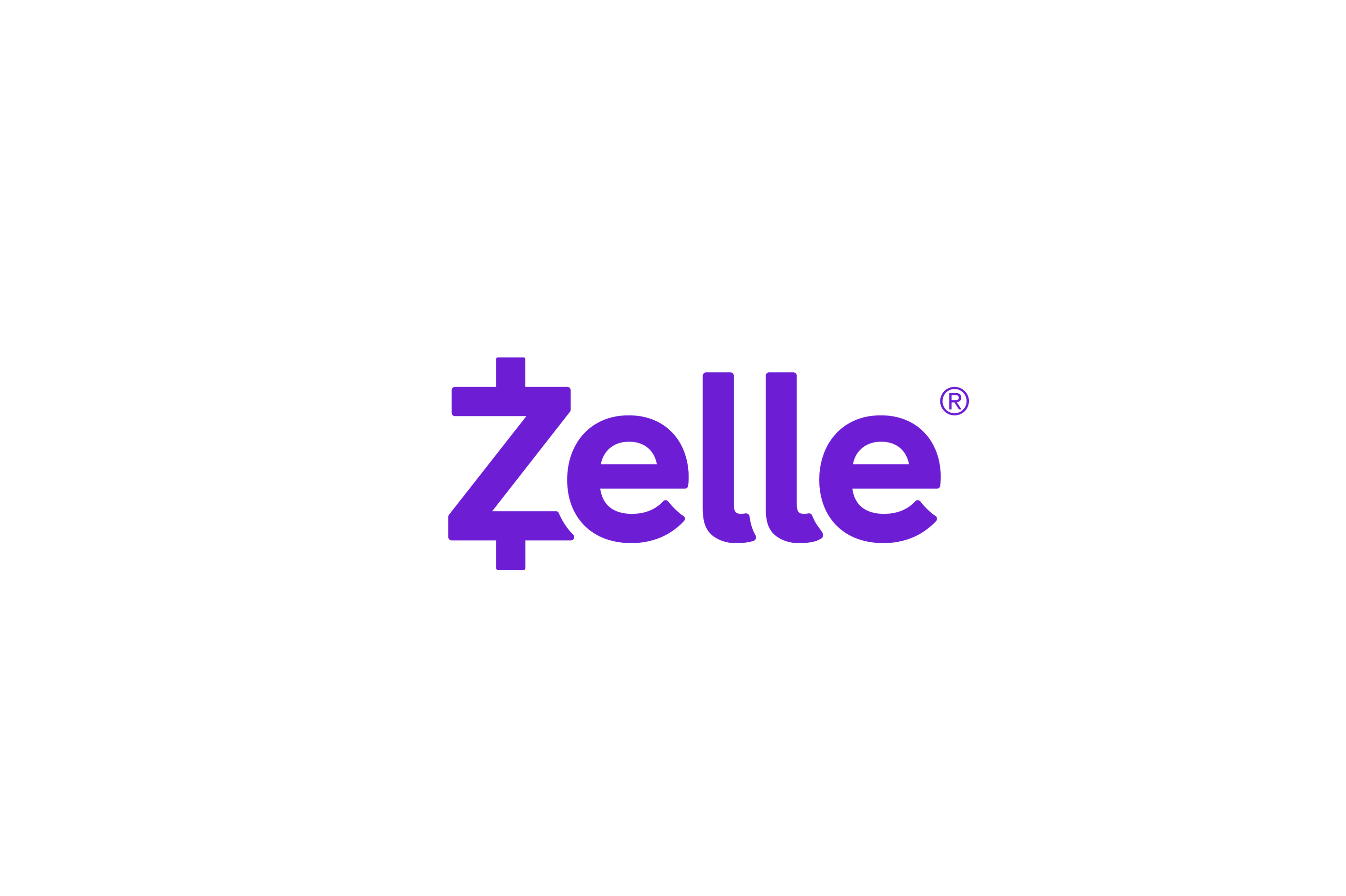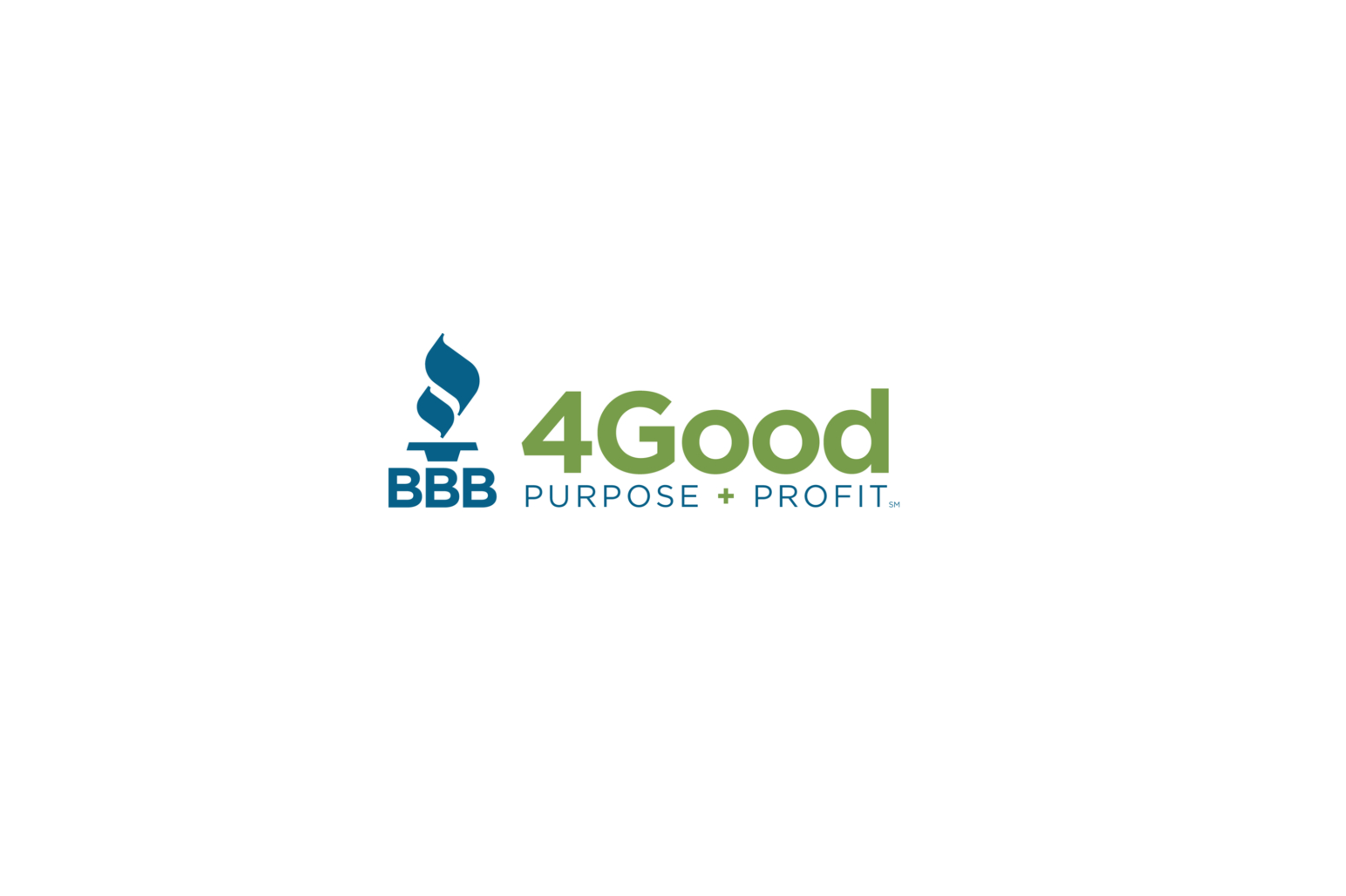Identity Theft: Identification and protection
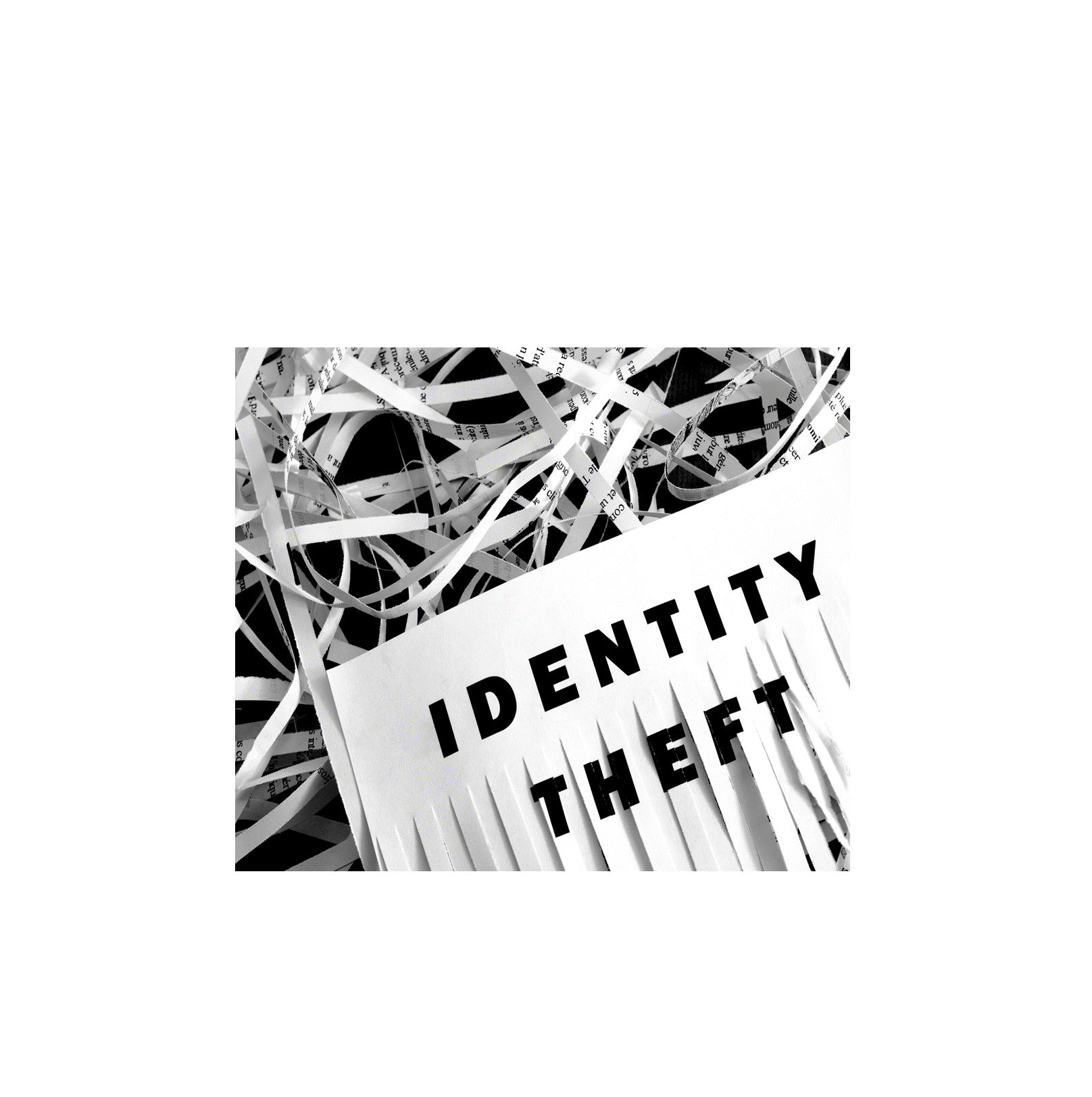
Identity theft affects millions of Americans each year. The FTC received 5.8 million reports in 2021, although the actual number is much higher. The true number is hard to measure since many people do not report, and others may not even know they were impacted.
What is identity theft?
Identity theft is when a criminal fraudulently acquires and uses someone’s personal identifiable information (PII) for financial or personal gain. This means they are using elements of someone’s identity to commit crimes to get what they want.
How do criminals steal your identity?
There are many ways a scammer can obtain the information they need, often without you knowing or having done anything wrong. Some common methods include email hacking, phishing attempts, impersonation scams, company data breaches, and accessing computers through unsecured Wi-Fi.
What do they do with your information once they have it?
Scammers can submit applications for loans and credit cards in your name, withdraw money from your bank account, or obtain services in your name. They can also sell your personal information, like credit card account, medical history, and social security number, to others on the internet.
How to spot identity theft:
It can sometimes be very difficult to detect identity theft. Statements for bills and new accounts are sent to other addresses. You may not notice any suspicious activity until the scammer has already caused damage to your assets, credit, and reputation.
- Unusual account activity. Check your accounts regularly and be suspicious if you stop receiving certain bills. This can happen because scammers have changed the address associated with your bank account or credit card. If bills do not arrive on time, follow up with the company or financial institution.
- Debt collectors call you about debts that are not yours.
- Changes to your credit report including unauthorized inquiries and accounts.
What to do if you suspect identity theft:
If you believe you are a victim of identity theft, it is essential to act quickly. In the U.S., visit identitytheft.gov for information on how to stop and recover from identity theft. In Canada, the Anti-Fraud Centre has information on identity theft.
In the U.S., you have the right to check your credit report with each of the three major credit bureaus once per year at AnnualCreditReport.com. This is the only free crediting reporting service authorized by the Federal Trade Commission. In Canada, the Financial Consumer Agency of Canada provides information on requesting a free credit report.
Protect yourself against this scam:
- Look for unexplained withdrawals, charges, and accounts. You can also set up automatic alerts on your accounts, so you are notified every time a transaction is made.
- Be careful with your personal information. Your personal information is valuable. Make sure you shred documents containing your bank account information, Social Security/Social Insurance number, or other personal information. Cut up expired credit and debit cards, and cut through the numbers before you dispose of them.
- Secure personal documents at home. Keep your personal documents in a safe place, especially if you have roommates or have outside workers come in and out of your home.
- Watch out for phishing attempts. Be suspicious of any unsolicited communication asking you for personal information. Phishing may take the form of email, text, social media messages, or even phone calls. Click here for BBB’s tips on Phishing and Tech Support Scams.
- Use strong passwords on your accounts. Check out BBB’s tips for creating strong passwords to learn more.
If a company you do business with has experienced a data breach, BBB has information on what to do after a data breach and what to do if your credit or debit card is compromised. Also, see how to protect your identity from a data breach.
